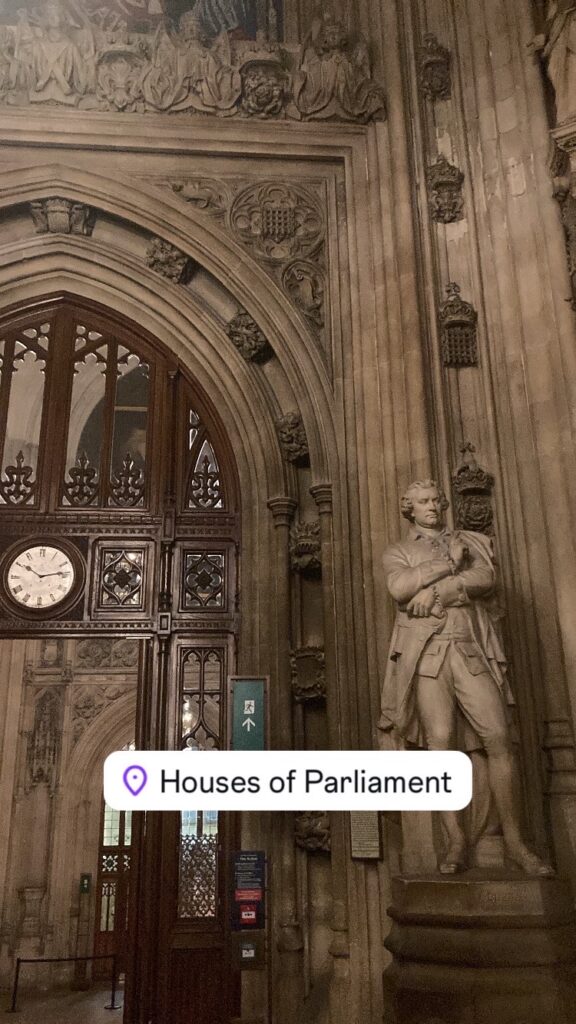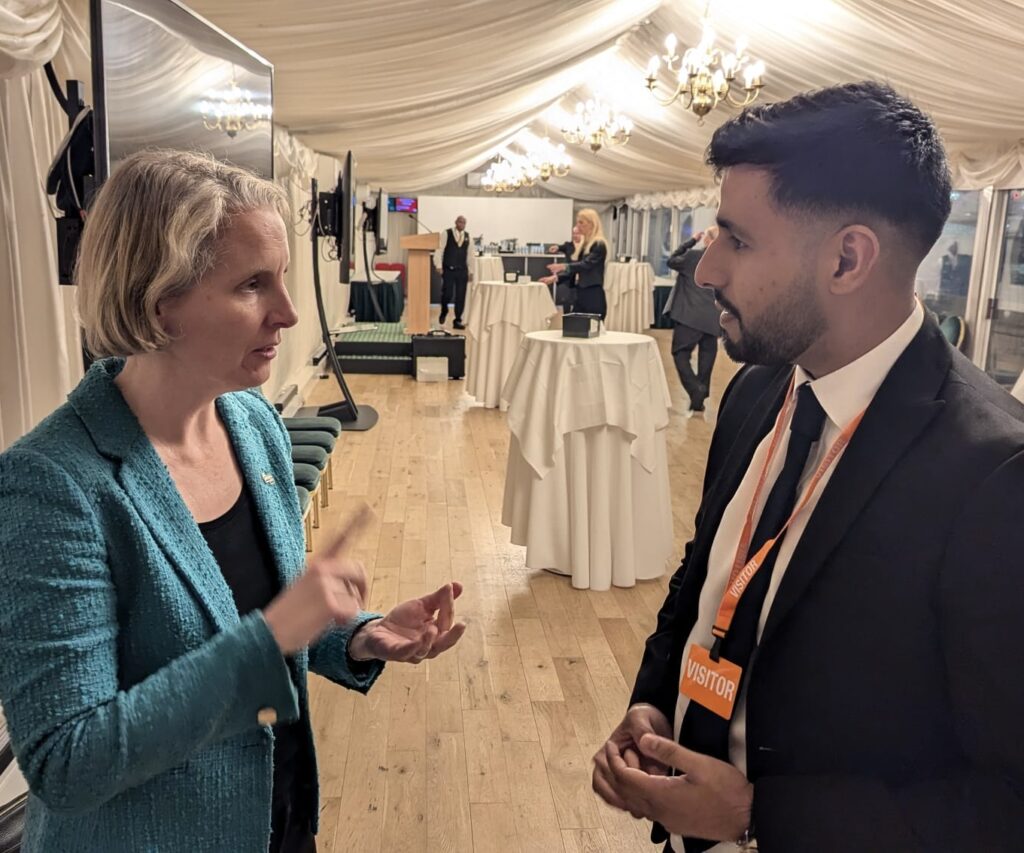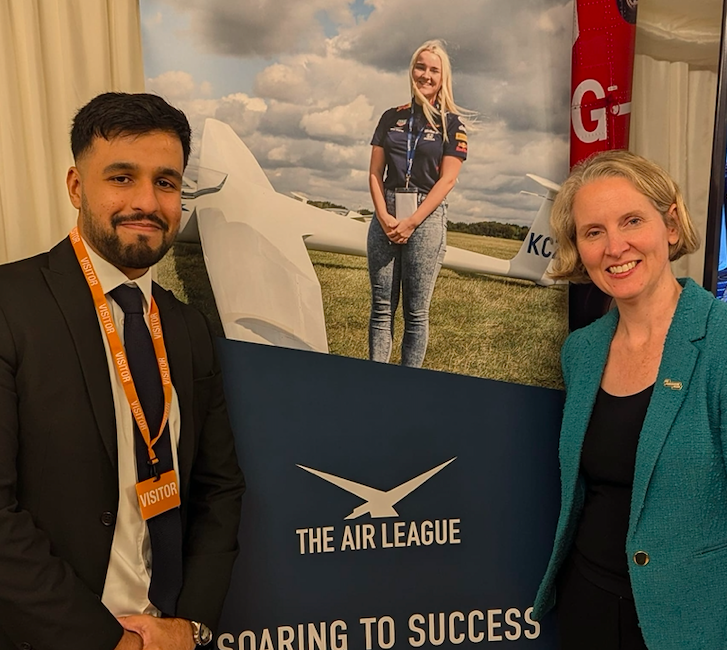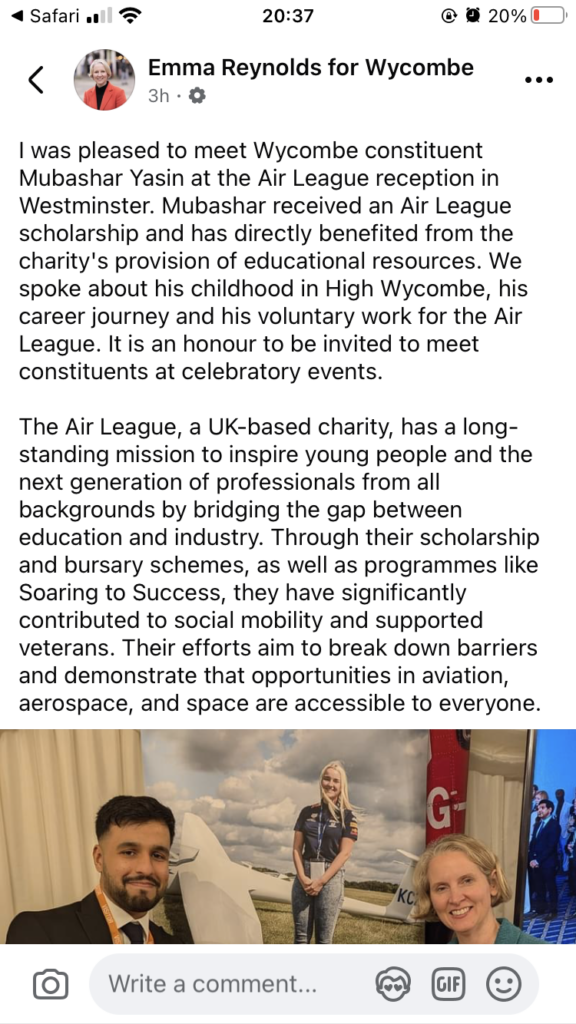House of Parliament, London.
Meeting my Local MP and discussing the challenges in flight training.
Recently, I had the chance to meet with my Member of Parliament, Emma Reynolds. We spoke about the challenges we face in the aviation industry, particularly as I’m working toward fulfilling my dream to becoming an airline pilot. Below are some of the things we discussed.
One of the big issues we discussed was the cost of pilot training. Becoming a commercial pilot is inaccessible to many—it’s a long, expensive process – this disproportionately affects ethnic minorities and those from underprivileged upbringings.
In order to begin making aviation more accessible – The Air League have been instrumental in changing lives through Aviation. Their mission directly helps those from underprivileged backgrounds in order to kickstart aviation careers for young people – that otherwise wouldn’t be able to on their own.
Removal of VAT
More needs to be done. One aspect that doesn’t often get talked about is the VAT (Value Added Tax) that gets added to pilot training. In most industries, training costs are VAT-exempt, but aviation is an exception. This means that as a student, you end up paying more than you should for something that’s already a huge financial commitment. For many aspiring pilots, this extra cost is a real burden and has discouraged people from even considering a career in aviation. We agreed this is something that needs to be addressed if we are to grow the UK aviation sector and make aviation more accessible.

Cost of pilot training / govermental support
We also touched on the general cost of flight training, which can easily run into the tens of thousands of pounds. With limited access to financial aid or support, many people are faced with the difficult decision of whether to pursue their dream of flying or to give it up due to financial constraints. This is especially challenging when you consider how crucial it is to have a diverse and skilled workforce in aviation.
One solution for this is for governmental support or interest-free loans that encourage more younger people to consider a career in aviation, removing the cost barrier. This will increase accessibility, social mobility and a diverse workforce.

Upfront payments and financial security
It’s also key to emphasise there needs to be more financial security backed by the Govt when it comes to flight schools. Unfortunately, there has been too many horror stories of students desperately re-financing parents home to accomplish their dream – and are often left without any returns when a school goes bust – there needs to be key interventions from a history of leading schools going bust – such as Teeside and FTA Global.

Emma was really understanding and receptive to the concerns I raised, and we talked about how important it is for the government to consider ways to make training more affordable, such as removing VAT from pilot training and providing more accessible funding options that are secure and government backed.
Having the chance to speak with Emma about these challenges was important. It was nice for Emma to meet me and listen to my concerns. As well as asking questions around my childhood and other aspects of my life. I’m hopeful that by having more conversations like this, we can make progress and create a clearer, more affordable path for the next generation of pilots.
For anyone else out there working toward a career in aviation, don’t be afraid to speak up about the challenges you face. It’s only by raising our voices that we can make a real change.
It was an eye-opening experience, and I’m glad I got the opportunity to have an honest conversation about the hurdles we, as future pilots, need to overcome.

